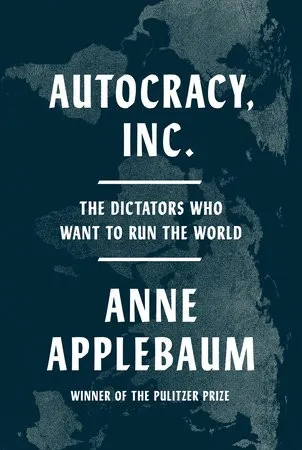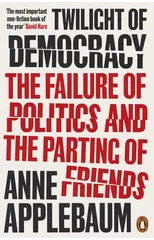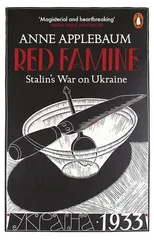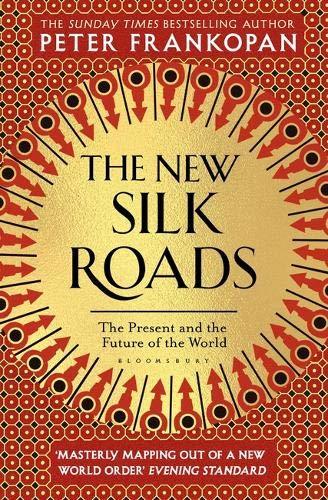Autocracy, Inc
The Dictators Who Want to Run the World
(Autor) Anne ApplebaumAll of us have in our minds a cartoon image of what an autocratic state looks like, with a bad man at the top. But in the 21st century, that cartoon bears little resemblance to reality. Nowadays, autocracies are run not by one bad guy, but by sophisticated networks composed of kleptocratic financial structures, security services and professional propagandists. The members of these networks are connected not only within a given country, but among many countries. The corrupt, state-controlled companies in one dictatorship do business with corrupt, state-controlled companies in another. The police in one country can arm, equip, and train the police in another. The propagandists share resources-the troll farms that promote one dictator's propaganda can also be used to promote the propaganda of another-and themes, pounding home the same messages about the weakness of democracy and the evil of America. Unlike military or political alliances from other times and places, this group doesn't operate like a bloc, but rather like an agglomeration of companies- Autocracy, Inc. Their relations are not based on values, but are rather transactional, which is why they operate so easily across ideological, geographical, and cultural lines. In truth, they are in full agreement about only one thing- Their dislike of us, the inhabitants of the democratic world, and their desire to see both our political systems and our values undermine. That shared understanding of the world-where it comes from, why it lasts, how it works, how the democratic world has unwittingly helped to consolidate it, and how we can help bring it down-is the subject of this book.
Anne Applebaum
Anne Applebaum is a Pulitzer Prize-winning journalist and historian known for her insightful analysis of Eastern European history and politics. She has written extensively on the rise of authoritarianism in the region, focusing on the Soviet Union and its aftermath. Her most notable works include "Gulag: A History," which won the Pulitzer Prize for Non-Fiction in 2004, and "Iron Curtain: The Crushing of Eastern Europe, 1944-1956," which examines the Soviet takeover of Eastern Europe after World War II. Applebaum's writing style is characterized by meticulous research and engaging storytelling, making complex historical events accessible to a wide audience. Her work has had a significant impact on the study of totalitarian regimes and their lasting impact on society.









